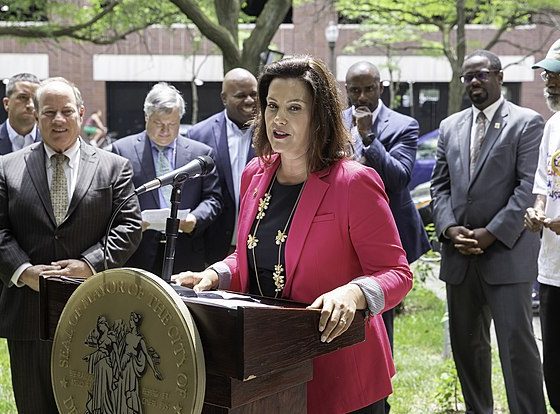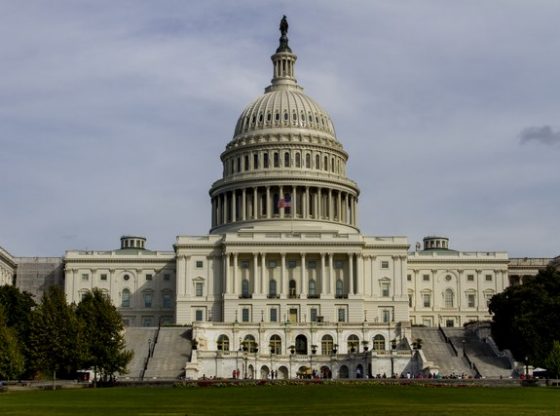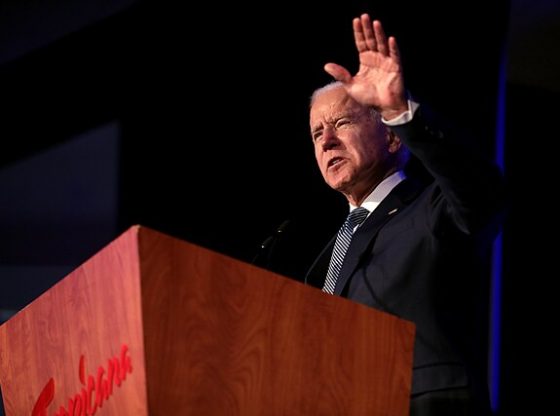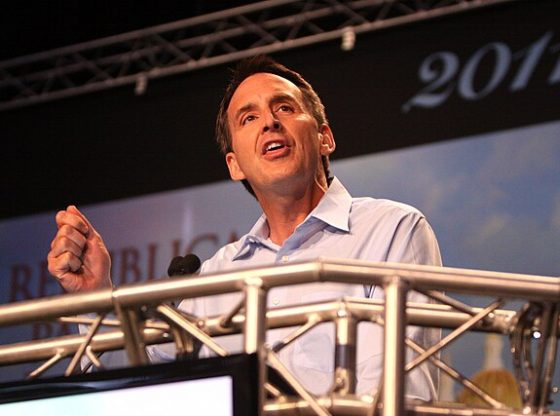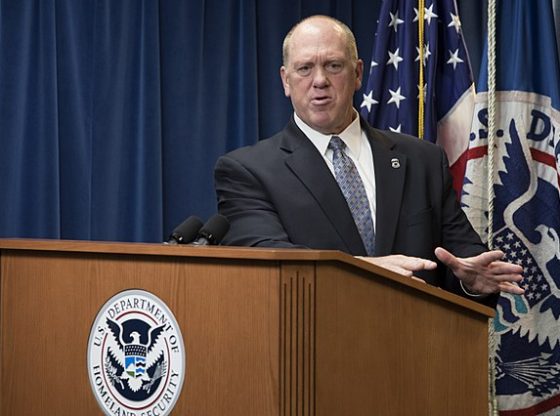Michigan Democrats recently moved to expand welfare in a pair of moves state Republicans believe were motivated by November’s election.
Democratic Michigan Gov. Gretchen Whitmer signed legislation on Tuesday that expanded the state’s Family Independence Program (FIP), a cash assistance program aimed at families with dependent children, by increasing its maximum duration from four years to five years after state Democrats previously allocated an additional $20 million to increase monthly payments disbursed through FIP. Michigan is one of roughly seven swing states will likely determine the outcome of the 2024 presidential election, with former President Donald Trump and Vice President Kamala Harris neck and neck in The New York Times’ polling average to win its 15 electoral votes.
“With a closely contested election quickly approaching in our state, Michigan Democrats decided to expand cash welfare,” Republican Michigan state Rep. Rachelle Smit told the Daily Caller News Foundation. “Safety nets are supposed to catch people who’ve fallen on hard times — helping them find good jobs and regain financial freedom. Democrat politicians just voted to pay people more money to stay off the job longer. This policy is clearly not designed to help Michiganders in times of need. It seems more like a stunt designed to buy votes for Democrats in November.”
In addition to expanding FIP, Michigan Democrats passed a bill through the state House in June that allowed individuals collecting unemployment to receive an additional six weeks of benefits per year. Beyond concerns about the election, some Michigan Republicans are concerned that Democratic moves to expand welfare will make the state’s residents more dependent on government transfers.
“The goal of temporary safety net programs is to help families back on their feet, but Democrats are keeping people off their feet and out of work,” Republican Michigan state Rep. Andrew Beeler told the DCNF. “Instead of helping people get back in the workforce as soon as possible, Democrats are letting recipients receive cash payments for a longer period of time. The people of Michigan want to help struggling Michiganders become and stay independent. Keeping people dependent on the dollars of hard-working taxpayers undermines the mission of helping people in need.”
American reliance on the government for income has increased considerably over the past several decades. Government transfers accounted for just 8.2% of personal incomes in 1970, more than doubling to 17.6% of incomes in 2022, according to research conducted by the Economic Innovation Group. A quarter or more of personal income comes from government transfers in the majority of U.S. counties.
Both parties’ presidential nominees have been reluctant to endorse cuts to government wealth transfer programs. Seniors, who turn out to vote at higher rates, receive considerable income from programs like Social Security and Medicare.
Republican Ohio Sen. J.D. Vance and Democratic Minnesota Gov. Tim Walz, the vice presidential nominees of their respective parties, both endorsed increasing cash transfers for child care during the Oct. 1 vice presidential debate.
Whitmer recently signed legislation to encourage family caretakers to join the Service Employees International Union, a labor organization that has pledged over $200 million to help Democrats win elections in 2024.
“Nobody in their right mind thinks now is the time to increase cash handouts and let people stay on the welfare rolls indefinitely,” Republican Michigan House Leader Matt Hall told the DCNF. “But one month before the election, Democrats did just that — all paid for by their income tax hike on every Michigan taxpayer. This waste and abuse of taxpayer dollars has to stop.”
Whitmer’s office didn’t immediately respond to the DCNF’s request for comment.
Featured Image Credit: City of Detroit


